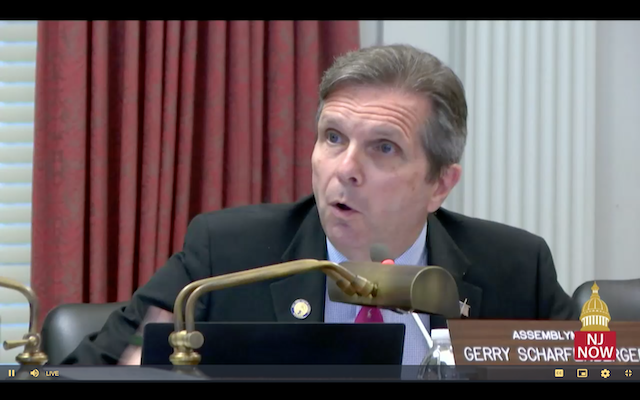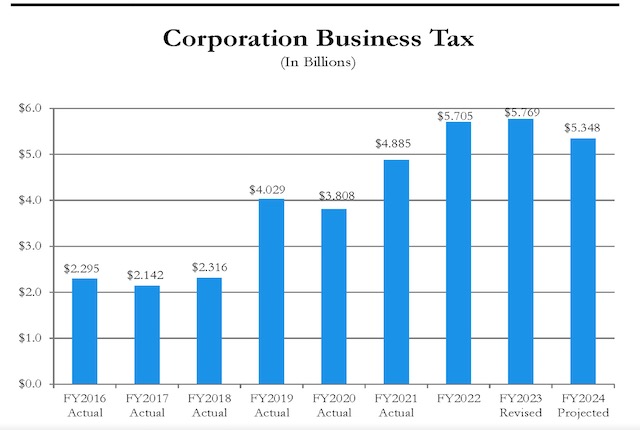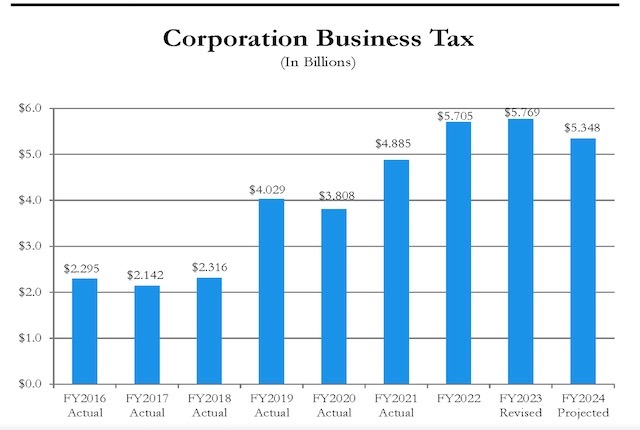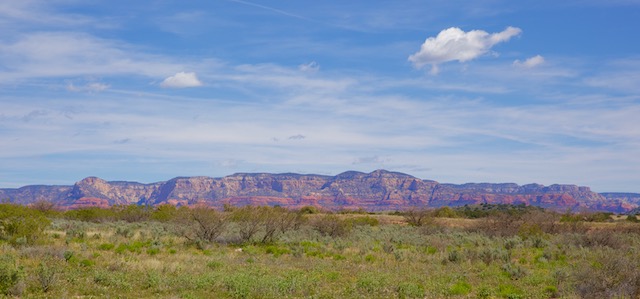DEP Logging Mocks Senator Smith And His Forestry Task Force
DEP Documents Are Highly Revealing
The Legislature Must Rebuke DEP’s Bad Faith, Arrogance, And Impunity
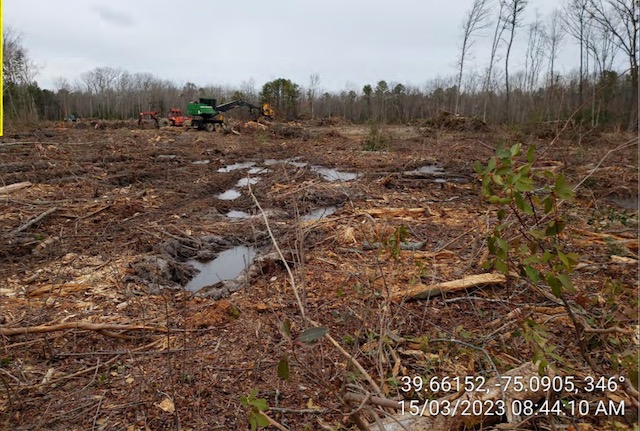
Logging machines in action. Source: NJDEP
Due to the matrix of forested wetlands present in Glassboro WMA, this tract provides NJFW with an opportunity to create ideal woodcock habitat by clearcutting upland forests to create fields that lay adjacent to forested wetlands. ~~~ (NJ DEP Plan, 8/8/22)
Because the news reports of DEP’s illegal clearcut logging in Glassboro Wildlife Management Area were so incomplete and misleading, I filed OPRA public records requests for the internal DEP documents.
Today, I finally received partial responses to my OPRA public records request and have reviewed some of the public documents underlying the illegal logging in Glassboro Wildlife Management Area.
DEP denied my request for all of the DEP internal review email documents – another example of how DEP routinely abuses the OPRA “deliberative privilege” exemption – and the DEP denied my request for the enforcement penalties levied and restoration plan for the site because DEP claimed it was not final yet. I also filed additional OPRA requests for more documents today, including contracts for the work and disposition of the timber. So, there is more to come on what exactly went on.
But for today, after reading and being outraged by the DEP’s management plan for the logging, I fired off this letter to legislators demanding legislative oversight:
———- Original Message ———-
From: Bill WOLFE <………….>
To: senbsmith <SenBSmith@njleg.org>, sengreenstein <sengreenstein@njleg.org>, “kduhon@njleg.org”, asmmckeon <asmmckeon@njleg.org>, “jonhurdle@gmail.com”, “fkummer@inquirer.com”, “wparry@ap.org”, Robert Hennelly <rhennelly55@gmail.com>, “tmoran@starledger.com” <david@njglobe.com>
Date: 04/23/2023 4:27 PM MST
Subject: Oversight of DEP Forest Management
Dear Chairman Smith:
I am writing to urge you to conduct legislative oversight hearings on DEP’s forest and wildlife management policies, regulations, science, and practices in light of the illegal logging in Glassboro Wildlife Management Area (WMA).
At the outset, to illustrate DEP’s bad faith, arrogance, and impunity, consider the fact that DEP developed and received management approval of this illegal clearcut logging during the deliberations of your Forestry Task Force.
In order to provide the regional scientific and forestry management context for this oversight, I urge you to read this recent peer reviewed scientific publication by seven renowned scientists, which does a superb job outlining the science and exposing the public relations campaign that has been developed to mask what amounts to a logging project:
- “Forest-clearing to create early-successional habitats: Questionable benefits, significant costs”
https://www.frontiersin.org/articles/10.3389/ffgc.2022.1073677/full
A campaign is underway to clear established forests and expand early-successional habitats—also called young forest, pre-forest, early seral, or open habitats—with the intention of benefitting specific species. Coordinated by federal and state wildlife agencies, and funded with public money, public land managers work closely with hunting and forestry interests, conservation organizations, land trusts, and private landowners toward this goal. …
Taken together, and in the face of urgent global crises in climate, biodiversity, and human health, we conclude that public land forest and wildlife management programs must be reevaluated to balance the prioritization and funding of early-successional habitat with strong and lasting protection for old-growth and mature forests, and, going forward, must ensure far more robust, unbiased, and ongoing monitoring and evaluation.
Upon recently learning of DEP’s illegal clearcut logging of Glassboro Wildlife Management Area from news reports, I filed OPRA public records requests with DEP to obtain the underlying management and enforcement documents.
I was disturbed by reading DEP’s management plan for this project, titled and dated:
- “Glassboro Wildlife Management Area Woodcock Habitat Creation (8/8/22)” (see attachment).
I strongly encourage you to read that management plan. It illustrates many seriously flawed DEP forest and land management policies and the narrow and flawed science upon which they are based.
As you know, these are longstanding controversies, are Statewide in scope, and are not unique to the Glassboro WMA.
I have read exactly the same justifications used by DEP, NJ Audubon, and private consultant foresters to advance logging across the State on public and private lands, including in the high conservation value forests of the Highlands and Pinelands, where forests statutorily receive heightened regulatory protections.
The DEP’s justification of the logging project – i.e. to create habitat for a game species – illustrates deeply troubling forest and public lands management policies that reflect undue influence of special interests that demand legislative oversight and new laws to prevent this abuse:
The purpose of this project is to create and enhance American Woodcock (Scolopax minor) habitat in Glassboro WMA. Declines in American woodcock populations is attributed to a decrease in suitable habitat (Dwyer et al., 1983)“
The DEP’s singular objective to create habitat for a game species revealed their total disregard for the natural resources of the State.
This was no innocent mistake: DEP knew exactly what they were doing. DEP openly and with impunity acknowledged the presence of wetlands and the practice of clearcut management:
Due to the matrix of forested wetlands present in Glassboro WMA, this tract provides NJFW with an opportunity to create ideal woodcock habitat by clearcutting upland forests to create fields that lay adjacent to forested wetlands. A clear cut of the proposed project area would create 4,403 feet of additional field perimeter adjacent to forested wetlands.”
We have read exactly the same “forestry” and “wildlife” management methods used by DEP, including “mowing”, “disking”, “thinning”, “seed tree treatments”, “ecological health”, “young forests” and “feathered treatments” – all of which are euphemisms for logging.
The DEP’s latest slogan to justify logging is “carbon defense”.
The fact that DEP gives the economically valuable timber, cord wood, wood chips, and other forest products from these logging operations away for free is an outrage.
It not only masks the costs of these ill advised logging projects but it provides a fig leaf for DEP to misleading claim that these are not commercial logging projects.
The fact that logging NJ forests is exempted from DEP wetlands permit requirements – and other state and local laws and regulations including Category One stream buffer and water quality protections – is an outrage, see:
Here are the applicable wetlands regulations that exempt logging:
https://dep.nj.gov/wp-content/uploads/rules/rules/njac7_7a.pdf
7:7A-2.4 Activities exempted from permit and/or waiver requirement
(d) Normal silviculture activities, in accordance with a forest management plan approved by the State Forester before the conduct of the forest management activities, are exempt from the requirement of a freshwater wetlands permit, transition area waiver, or open water fill permit, subject to the limitations of this section.
Finally, to illustrate DEP’s bad faith, arrogance, and impunity, consider the fact that DEP developed and received management approval of this illegal clearcut logging during the deliberations of your Forestry Task Force.
These abuses demand legislative oversight – the lack of any public participation only adds insult to natural resource injury.
I am available to provide additional information – including DEP’s photos and enforcement documents – at your request.
I look forward to your timely and favorable reply,
Respectfully,
Bill Wolfe
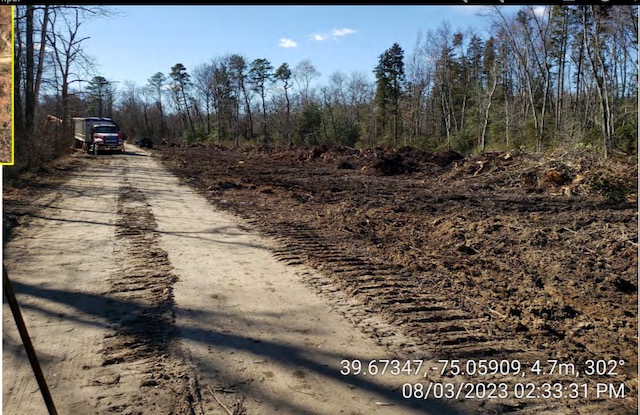
Logging trucks on site. Source: NJ DEP

